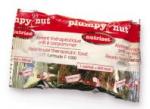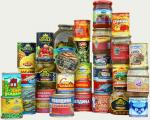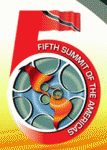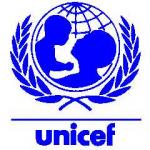Making Nutrition a Sustainable Business in Haiti
 Plumpynut revolutionized the treatment of acutely malnourished children. In Haiti, Partners in Health (PIH) has produced a local variant, Nourimamba, since 2007. The Abbot pharmaceutical company is working closely with PIH to further improve Nourimamba and to expand production. The opening of a factory is scheduled for end 2012. This is good news for malnourished children, the health care providers who treat them, and the farmers who produce the ingredients for Nourimamba. An article by New York Times writer Duff Wilson on the PIH/Abbot partnership follows.
Plumpynut revolutionized the treatment of acutely malnourished children. In Haiti, Partners in Health (PIH) has produced a local variant, Nourimamba, since 2007. The Abbot pharmaceutical company is working closely with PIH to further improve Nourimamba and to expand production. The opening of a factory is scheduled for end 2012. This is good news for malnourished children, the health care providers who treat them, and the farmers who produce the ingredients for Nourimamba. An article by New York Times writer Duff Wilson on the PIH/Abbot partnership follows.








